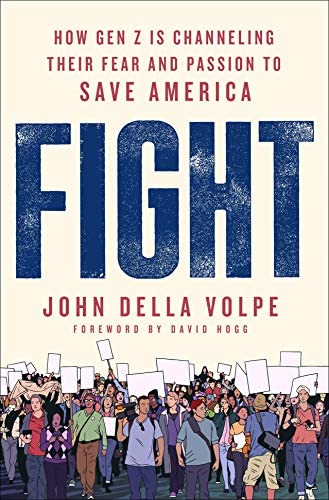Pulitzer Prize-winning author Isabel Wilkerson took the Page Auditorium stage on February 22 to discuss her most recent book, “Caste,” and its implications for modern-day America. Co-hosted by the Sanford School of Public Policy and the Mary Lou Williams Center for Black Culture, the event featured a lecture and Q&A section.
A caste system is an artificial construction, a fixed and embedded ranking of human value that sets the presumed supremacy of one group against the presumed inferiority of other groups.”
Isabel Wilkerson
When Wilkerson first published “Caste: The Origin of Our Discontents,” it spent 55 weeks on the U.S. best sellers list. Barack Obama put it in his 2020 reading list, and Oprah Winfrey sent the book to Fortune 500 CEOs around the world. Since then, it has sold over 1.56 million copies and has become a #1 New York Times best seller.
In other words: “Caste” is the Beyoncé of books.

Wilkerson began by reminding the audience of the recentness of our country’s progress. “In recent times it’s not been unusual to hear people say something along the lines of ‘I don’t recognize my country,’ Wilkerson began. “And whenever I hear that I’m reminded that tragically not enough of us have had the chance to know our country’s true and full history.” She described the U.S. as a patient with a preexisting health condition, asserting that America has been plagued by racism since its inception. Like a chronic disease, these roots continuously persist and flare up.

For context, the United States is 247 years old. A full 89 of those years were spent in slavery and 99 were spent in the Jim Crow era. For 227 years, race was considered an innate, factual construct (until the completion of the Human Genome Project in 2003). Racial injustice isn’t a period of history in this country, it is this country’s history.
Wilkerson furthered her point by detailing the dehumanizing customs of the Jim Crow caste system in the South. “You could go to jail if you were caught playing checkers with a person of a different race,” Wilkerson said. “That means that someone had to have seen a Black person and a white person in some town square… And they felt that the entire foundation of southern civilization was in peril and took the time to write that down as a law.” Before the late 20th century, there was even a separate Black and White Bible to take an oath in court. “That means that the very word of God was segregated in the Jim Crow South,” Wilkerson said.
She described this system of racial oppression as an “arbitrary, artificial, graded ranking of human value” – in other words, a caste system. She highlighted how race was weaponized by early colonists to determine “who would be slave or free, who would have rights and no rights.”
This caste system wasn’t just a “sad, dark chapter,” Wilkerson said. It’s “the foundation of the country’s political, social, and economic order.”

For 6 million Black southerners, the caste system became so suffocating that migrating across the country (a movement called The Great Migration), seemed like the only path to freedom. “No other group of Americans has had to act like immigrants in order to be recognized as citizens,” Wilkerson said. “So this great migration was not a move. It was not about moving. It was a defection. A seeking of political asylum within the borders of one’s own country.”
But the U.S. caste system extends far past slavery and Jim Crow. Take the vastly different police response to the January 6 Capitol riot compared to BLM protests during the summer of 2020. “We alive today are tasked with explaining to succeeding generations how…a rioter could deliver the Confederate flag farther than Robert E. Lee himself.” The United States has never adequately dealt with its racist history, which is why it keeps repeating itself.

In a powerful call to action, Wilkerson urged the audience to honor these histories and “teach the children so that we can end these divisions now with the next generation.” She shared the aspiration of novelist Richard Wright: “To transplant in alien soil…and perhaps just perhaps to bloom” in a more equitable world.
Want to learn more about Isabel Wilkerson’s work? Click here.

Written by: Skylar Hughes, Class of 2025





































